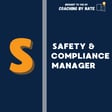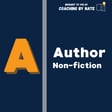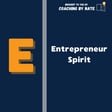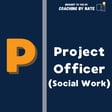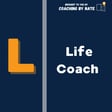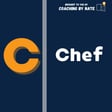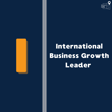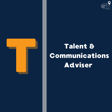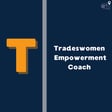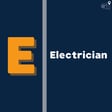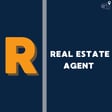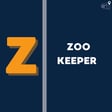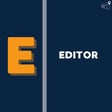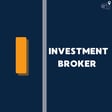
Leadership & Executive Coach: From Finance to Facilitation
Join host Nate as he chats with Ted, a leadership and executive coach who transitioned from a corporate finance career to building his own coaching business. Ted opens up about his journey, the tools that helped him along the way, and how he found his "North Star" to stay motivated. From psychometric tools to meditation, Ted shares practical tips for anyone looking to make a career change or start their own venture. Tune in for an inspiring conversation about growth, self-awareness, and finding fulfillment in your work.
🌟 Key Highlights:
- Ted’s transition from finance to coaching 🏦➡️🎯
- The power of psychometric tools like *Lumina Spark* 🧠✨
- Overcoming the challenges of **building a business** 💼⚡
- Ted’s favourite books and resources for personal growth 📚🔧
- The importance of finding your "North Star" 🌟🗺️
Don’t miss this episode if you’re looking for inspiration to take the leap into a career you love!
